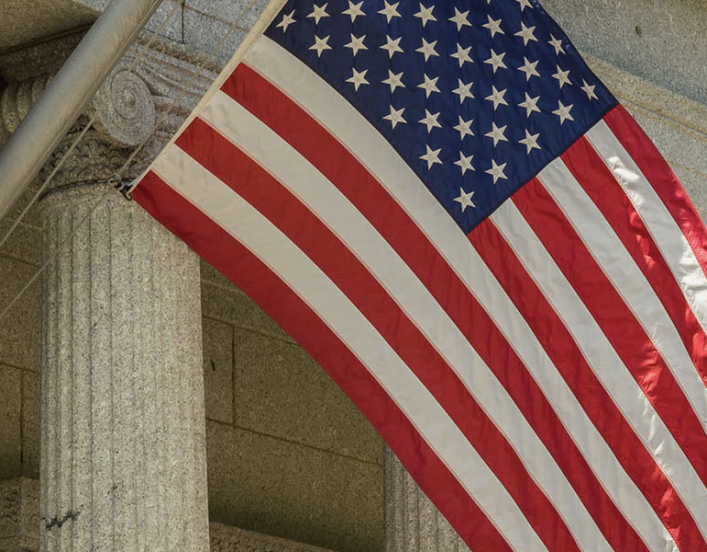Beth Paige, et al., v. U.S. Agency for International Development (USAID)

Paige v. USAID
Paige v. USAID involves three women, each of whom worked for USAID for more than 27 years in overseas posts. Each of these women broke the glass ceiling relatively early in their careers and achieved the highest rank in the Senior Foreign Service (Career Minister). In 2016, each discovered that, despite their greater seniority and higher rank as Senior Foreign Service officers at USAID, they were paid considerably less than dozens of lower ranking and less experienced male Senior Foreign Service officers. Despite multiple informal attempts to get the Agency to correct the pay inequity problems, the Agency took no action, prompting the three women to file a formal complaint in January 2017 against USAID. This formal complaint alleged unequal pay in violation of the Equal Pay Act and Title VII of the Civil Rights Act.
Case Update: The EEOC determined that USAID issued a non-compliant Federal Agency Decision (FAD) that violated various rules mandating a firewall between the EEO FAD process (which should be neutral) and the Office of the General Counsel (OGC). The decision notes that the Commission is going to notify the Federal Sector Programs, which monitors federal agency EEO programs. This decision is good for future complainants, particularly future USAID complainants, as the Commission clarifies the limits of OGC involvement in FADs and puts USAID on notice that its current practices are a problem.
The disparities in pay that the women documented impact numerous aspects of their compensation in addition to base pay, all of which are based on a percentage of their base salary. These aspects include: danger pay for serving in conflict and post-conflict zones; post differential for serving in posts with difficult living conditions; contributions to the U.S. Government equivalent of a 401k; and, most importantly, pensions. For pensions, the impact over a 40-year retirement can be as much as $400,000.
After a lengthy Equal Employment Opportunity (EEO) process, the Agency issued a Federal Agency Decision on May 12, 2020 that denied the EEO complaint. The three women then appealed to the Equal Employment Opportunity Commission’s (EEOC) appellate body, the Office of Federal Operations, on August 12, 2020. The EEOC then granted an extension to USAID to file its statement. In 2023, the EEOC affirmed the decision finding no discrimination.
The American Association of University Women joined the American Foreign Service Association (AFSA) in supporting this case.
Case Adopted August 2020
Related
Legal Advocacy Fund

Know Your Rights: The Equal Pay Act

What to Do If You Suspect Pay Discrimination

